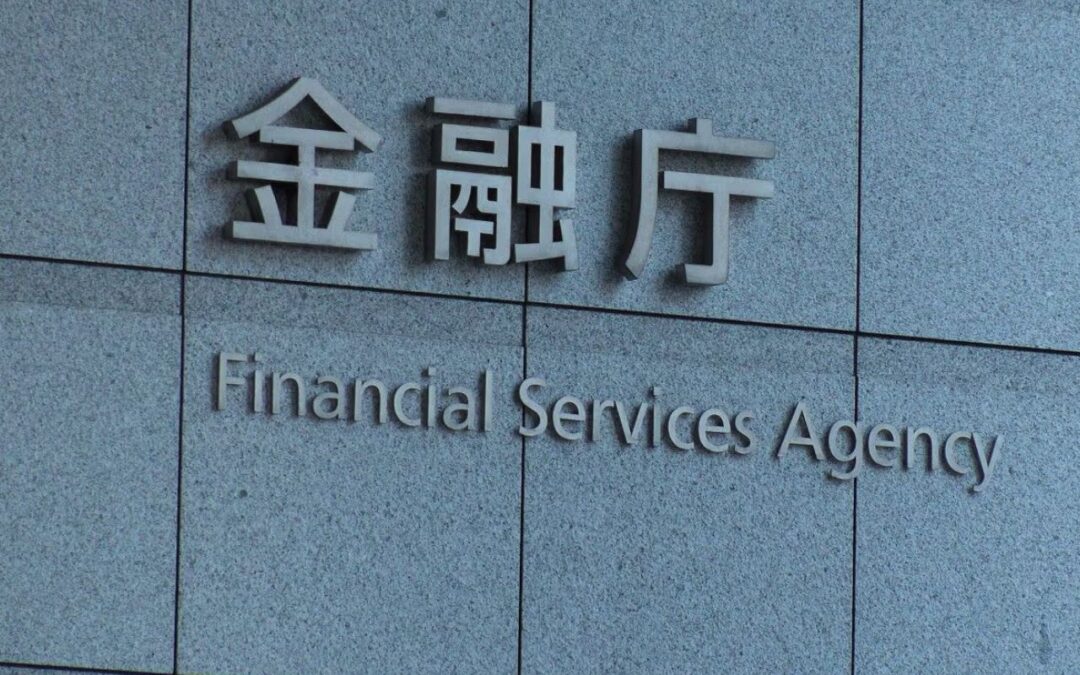Synopsis: Japan’s FSA plans to reclassify cryptocurrencies as financial products under new rules, covering 105 tokens including Bitcoin and Ethereum, with real‑time disclosures and a flat 20% capital gains tax.
Japan’s Financial Services Agency (FSA) is planning sweeping changes to its cryptocurrency regulatory framework. It aims to reclassify digital assets as “financial products,” moving them under the Financial Instruments and Exchange Act.
This marks a significant shift from their current status as electronic payments. Most importantly, the new rules will target 105 cryptocurrencies, including Bitcoin and Ethereum, which are listed on domestic exchanges. This streamlined approach focuses on high-volume, reliable assets favored by millions of Japanese traders.
By putting crypto side by side with stocks and bonds, Japan positions itself for deeper institutional adoption, maybe leading to more crypto products in banks or investment portfolios. Many will welcome the credibility boost, making crypto safer for everyday investors.
Mandatory Disclosures
Another key piece of the FSA’s plan is to introduce detailed, real-time disclosures for approved tokens. Exchanges must provide clear information about each asset, such as issuer details, the blockchain technology it uses, volatility forecasts, and financial health. These requirements are designed to reduce fraud risk and improve transparency, protecting retail investors while enforcing high standards similar to stock markets.
This focus on transparency is a major step forward. Good data and strong regulations build a fairer market, benefiting everyone involved. Insider trading rules will finally cover crypto, imposing penalties for those who act on secret market info. Japan’s adoption of SEC-inspired standards shows it wants to align with global best practices, which I think will increase trust in trading.
Lower Tax Rates
Crypto gains in Japan currently face steep taxes, up to 55%. The FSA wants to change this by setting a flat 20% capital gains tax for profits on the approved tokens. If this measure goes through, it will bring crypto taxation in line with stocks, making the market more competitive and attractive for traders and institutions alike.
A lower, simpler tax rate may spark a surge in local trading. Retail investors, big funds, and even banks could become more active participants. For those who have left for lower taxes, this could mean a return to trading at home.
Banks Moving Toward Crypto Integration
The FSA is also considering major changes for banks. Under current rules, banks can’t hold cryptocurrencies due to volatility concerns. However, the agency may soon allow banks to invest in assets like Bitcoin and register as licensed exchanges, opening the door for them to offer trading and custody services directly to customers.
This shift might shake things up in traditional finance. Banks and insurers will gain access to crypto markets as part of their investment portfolios. This is a pivotal development that may increase liquidity and expand the mainstream appeal of digital assets. Customers could benefit from safer, easier access to crypto services through their banks.
Written By Fazal Ul Vahab C H

